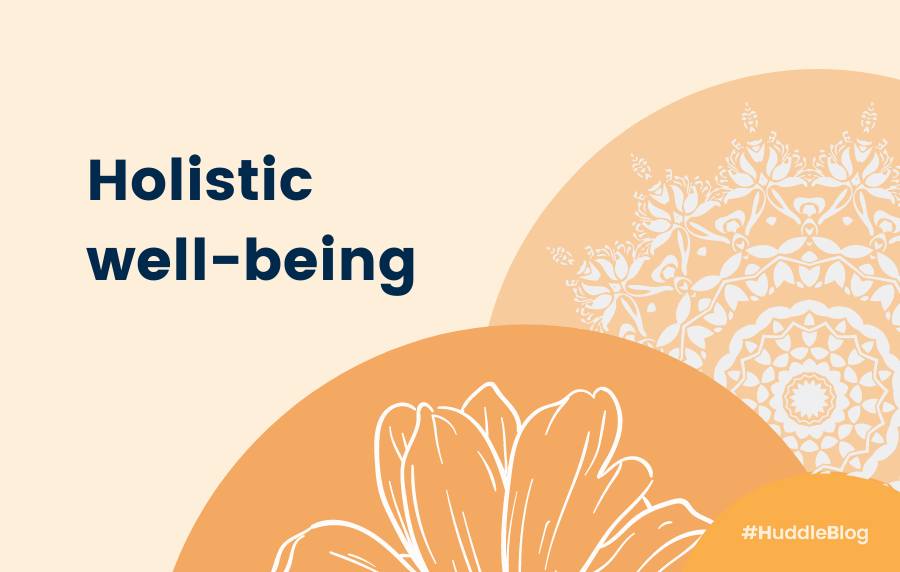Holistic well being embraces the interconnectedness of our mind, body and spirit. When one department is left unchecked, we often say “something feels off”. The energy we direct to our health is largely concentrated around our physical health. One of the World Health Organisation’s principles is that “Health is a state of complete physical, mental and social well-being and not merely the absence of disease or infirmity.” It shows us that we are multifaceted beings with complicated constructs and therefore require equally dynamic forms of solutions to our modern-day problems. Stress and fatigue are usually the main culprits and they come in many forms. Our physical body may experience a lot of tension and our spirit is dampened simply due to stress created in the mind. Or an injury in your ankle that resulted in temporary interference to your mobility can create anxiety and feelings of hopelessness. How then do we better equip ourselves with the right set of tools to manage these moving parts in our life?
1. Vagal toning
The vagus nerve is a bi-directional nerve that facilitates communication between the brain and gastrointestinal tract. This forms the basis of our mind and body connection. Vagal Toning stimulates the vagus nerve through exercises such as deep belly breathing. Place your left hand on your chest and your right hand on your belly. Slowly inhale, feeling your abdomen inflate and your chest expand. Hold your breath and feel into your body’s internal rhythm. When you exhale, feel your abdomen deflate as you push out all the air. Repeat this cycle for as long as you like. This simple activity allows you to reconnect with your physical body while your mind is engaged in a state of concentration on the movement of your breath. Deep belly breathing instead of short shallow breathes allows us to engage the autonomic nervous system and allow better flow of oxygen to our vital organs.
2. Gut Health
Our physical health mirrors our mental health and vice versa. Food that affects our ability to absorb nutrients at the optimal rate results in an imbalanced microbiome. Having undesirable microbes in our gastrointestinal tract along with a compromised defence causes frequent flare-ups in our immune system. A simple rule of thumb is to cut back on sugar and inflammatory fats i.e trans fat and vegetable oils that feed the less desirable gut microbes. Increase uptake of whole, nutrient-dense food and fermented foods to facilitate nutrient absorption and healthy gut flora.
3. Good Sleep
Sleep is when our body repairs itself. With our busy schedule, it can be difficult to find a consistent sleep pattern so a trick is to calculate your sleep hours using cycles of 90 minutes. If you are going to bed at midnight, you can ideally set your alarm at 6 am or 7.30 am or 9 am. This ensures you don’t wake up in the middle of the deep sleep cycle.
Besides having adequate hours of sleep and a good sleep pattern, it is important to take note of the food we eat before bed as it can adversely affect the quality of your sleep. Avoid heavy meals 3 hours before bed as the release of insulin for digestion can negatively interfere with our circadian rhythm.
4. Movement
Physical activities not only promotes blood flow and improve our physical health, but it also regulates the flow of neurotransmitters (feel-good hormones) into our brain improving overall brain health over time. Incorporating strength training and testing your limits can also improve mental resilience. Killing two birds with one stone. Neat!
5. Play
Regular experience of happy freedom similar to feelings of joy reconnects us to our childhood. A time when we are most deeply aligned with our spirit. When we lose ourselves in the safe feeling of joy, we reach a “flow state”. This trains our minds to return to this baseline after every fight/flight response. The key to sustained happiness is to create a world in which your inner child is free to express itself without worry of self-judgement.






